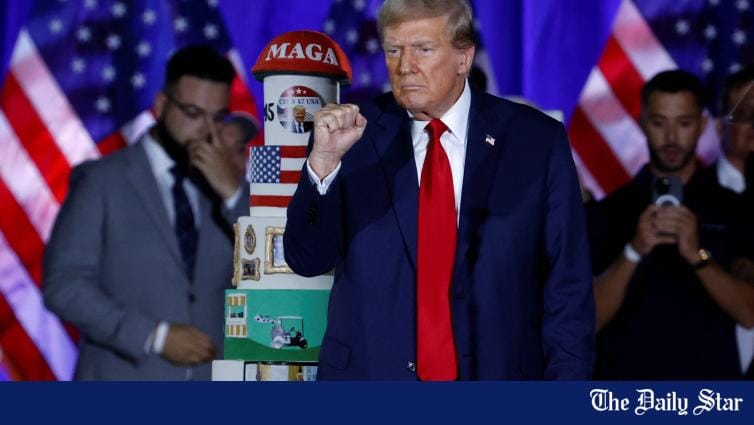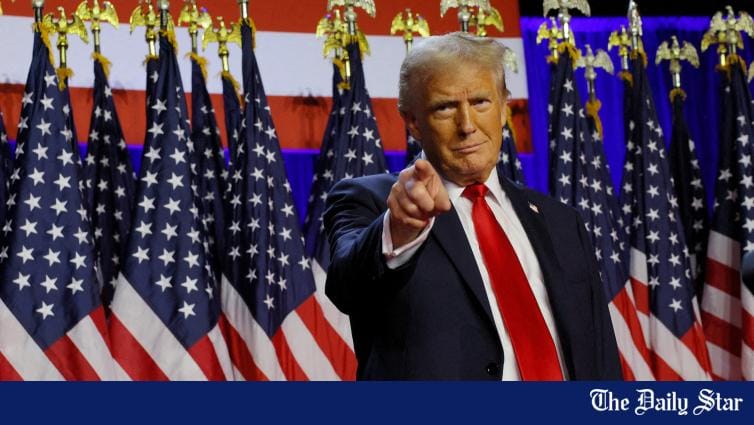- Mar 21, 2024
- 891
- 253
- Origin

- Residence

- Axis Group

@PakistanProud
@Vsdoc Works perfectly fine for me.
I can neither edit my posts.
Nor am I getting a drop-down of IDs when typing a @
@Vsdoc Works perfectly fine for me.
















